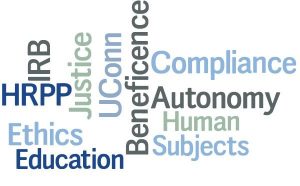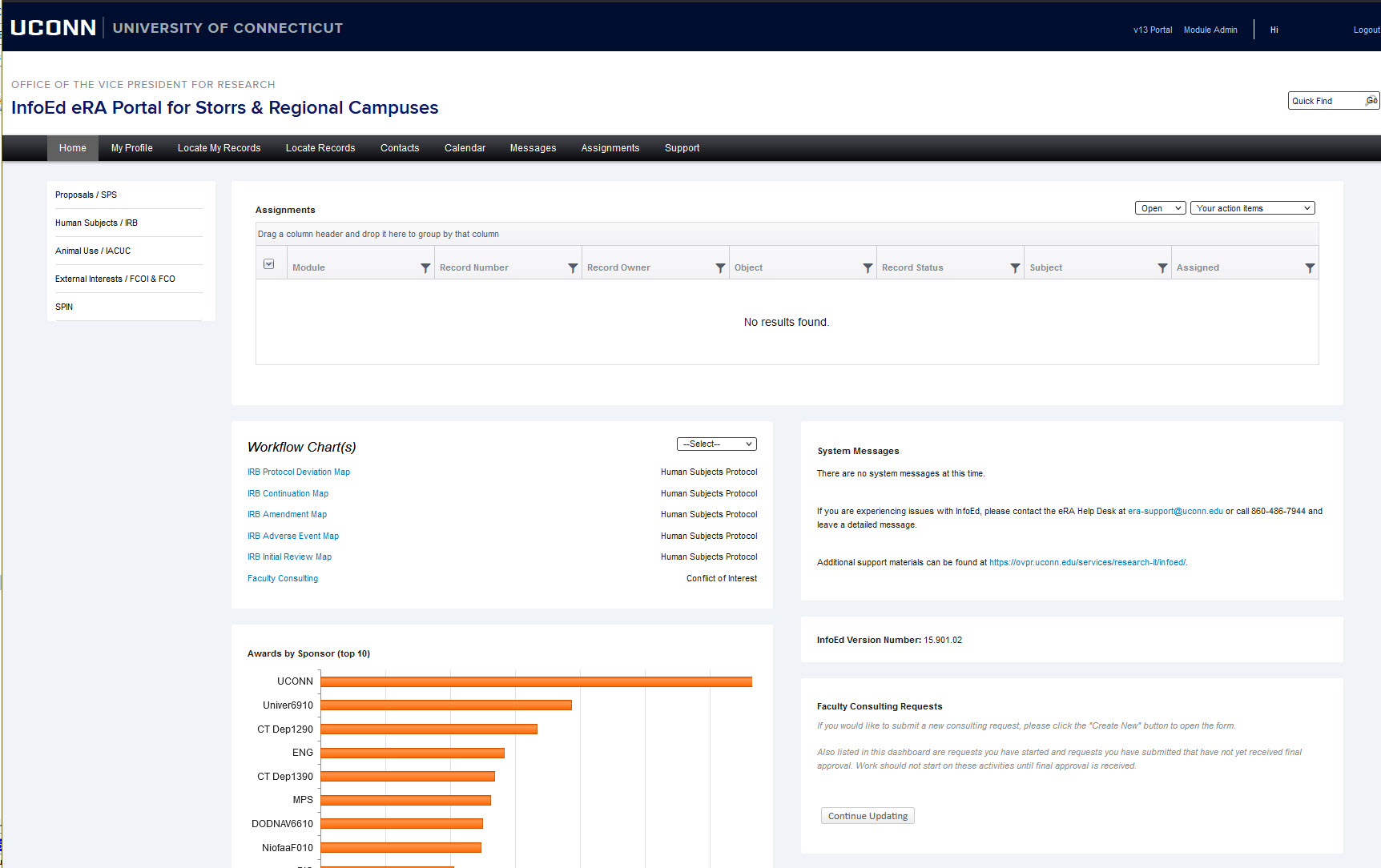Quick links to sections below
Before You Apply
Request Windows
Funding Sources and Criteria
Faculty Eligibility
Covered Expenses
Request Process
How to Change/Cancel
Post-Trip Requirements – Reimbursement Process
FAQs for Trips Impacted by COVID-19
Special Instructions for Using Travel Awards to Reimburse Pandemic-Impacted Travel
Before You Apply
Before making travel arrangements or traveling, all faculty must submit a Travel Request via Concur in order to:
If you are participating virtually, you do not need to submit a Travel Request via Concur, since no travel is taking place.
Receiving an AAUP/OVPR Faculty Travel Award does not infer that such travel has been approved by the University, only that the awardee has funding available to reimburse expenses from approved travel. Failure to follow appropriate policies and procedures related to University travel may result in unreimbursed out-of-pocket expenses for individuals. The following guidance can ensure all faculty and staff avoid such situations.
Reminder: Any activity related to your faculty position for which you receive outside compensation, honorarium, or other form of payment (including payment of expenses) may require review and approval by the Faculty Consulting Office. Travel or other Professional Development costs relating to or overlapping with outside consulting activities are not eligible for reimbursement under the AAUP/OVPR Faculty Travel Funding Program.
Due to the popularity of this program and demand exceeding supply of funds, faculty are encouraged to apply as soon as they are aware of the travel opportunity. Funds are limited, and awards are not guaranteed.
Requests for reimbursement must be submitted within 60 days of travel ending. Failure to submit reimbursement within 60 days may result in travel costs being assumed by the traveler/department.
Once all funds for the FY are fully committed, the OVPR reserves the right to close down the request portal so that no new requests may be submitted.
It is strongly recommended that all University travel is booked through UConn's travel agent, Anthony Travel, using the University-sponsored Travel Card (T-Card). Anthony Travel has a dedicated UConn agent. Travel can also be booked online within the Concur system where you can search for flights similar to the Expedia application.
If you book travel independently and have to cancel this travel, you will be responsible for any resulting costs that will not be reimbursed by the University. For instance, if you book a non-refundable flight on Expedia and then have to cancel this travel due to the pandemic, you will not be reimbursed for the ticket. Anthony Travel will support any cancellation or postponement of travel that they have booked, including obtaining credits for the unused tickets. There are no booking fees or agent fees charged back to the department when using Anthony Travel.
Back to top
Request Windows
Common Request Portal
Fall travel = Trips occurring July 1 – Dec. 31, 2024
Request Window Opens May 1
Spring travel = Trips occurring Jan. 1 – June 30, 2024
Request Window Opens Nov. 1
Trips spanning funding periods or fiscal years will be considered part of the period or year in which the greater number of travel days occur.
Requests will be considered on a first-come, first-served basis. Due to the popularity of this program and demand exceeding supply of funds, faculty are encouraged to apply as soon as they are aware of the travel opportunity. Funds are limited, and awards are not guaranteed.
Back to top
Funding Sources and Criteria
This program unites two sources of faculty travel funding under a common set of guidelines and through a common request portal.
Funding pools run on the fiscal year (FY) cycle (July 1 – June 30).
Award funds cannot be transferred in part or in whole to other trips.
AAUP Professional Development Fund
- Per UConn AAUP contract (applicable to Storrs and Regional Campus), “each eligible full-time faculty member shall, upon request, receive up to $2,200 from the Professional Development Fund for any academic-related travel expenses…
- …so long as such funds are available” (Article 19.6, Sec. F, Item iii).
- Academic related travel
- Related to research and teaching-focused conferences, academic workshops, and other professional development opportunities
- Includes transportation, lodging, registration, per diem, etc.
- 1st source of funding for all requests (regardless of type of participation)
- Per UConn AAUP contract, 30% of AAUP Professional Development Fund will be reserved until February 1 for “junior” faculty (defined as terminal degrees earned within past 7 years; Article 19.6, Sec. F, Item iv).
- Sole source for non-active participation (aka Attendance Only)
OVPR Faculty Travel Fund
- Augments the AAUP funding
- Added requirement that funds only support dissemination of research results (active participation as a speaker/presenter) at conferences/professional workshops
- Awarded only when AAUP funds are expended or otherwise not available
Back to top
Faculty Eligibility
Eligibility varies based upon funding source.
Individual maximum of $2,200 is inclusive of both AAUP and OVPR funds and runs on the fiscal year (FY) cycle (July 1 – June 30).
Per UConn AAUP contract, 30% of AAUP Professional Development Fund will be reserved until February 1 for “junior” faculty (defined as terminal degrees earned within past 7 years; Article 19.6, Sec. F, Item iv).
AAUP fund
- Full-time UConn faculty
- Members of the UConn AAUP
- Includes regional campuses, full-time Lecturers, Adjuncts
teaching 2 or more courses now and each semester for the past two years
- Excludes faculty in Law, Medicine, Dental Medicine, visiting faculty, Emeritus Faculty
OVPR fund
- Full-time UConn faculty
- Members of the UConn AAUP
- Includes regional campuses, Law School
- Excludes faculty in Medicine or Dental Medicine, lecturers, adjuncts, visiting faculty, Emeritus Faculty
Back to top
Covered Expenses
All awards are made for the reimbursement of travel expenses only.
All expenses reimbursed must adhere to UConn Travel policy.
Award funds cannot be transferred in part or in whole to other trips.
Reminder: Any activity related to your faculty position for which you receive outside compensation, honorarium, or other form of payment (including payment of expenses) may require review and approval by the Faculty Consulting Office. Travel or other Professional Development costs relating to or overlapping with outside consulting activities are not eligible for reimbursement under the AAUP/OVPR Faculty Travel Funding Program.
Back to top
Request Process
Common Request Portal
One trip per request
- Submit at least 10 days prior to departure to ensure adequate processing time.
- Requests submitted fewer than 10 days before departure may not be processed before your travel begins.
- Requests cannot be funded once travel has commenced.
Before making travel arrangements or traveling, all faculty must submit a Travel Request via Concur in order to:
Trips spanning funding periods or fiscal years will be considered part of the period or year in which the greater number of travel days occur.
Requests will be considered on a first-come, first-served basis. The amount awarded will be determined by the qualifying amount providing all budgeted funds are available, individual fiscal year allotments have not been reached, and all of the submitted information is accurate.
Due to the popularity of this program and demand exceeding supply of funds, faculty are encouraged to apply as soon as they are aware of the travel opportunity. Funds are limited, and awards are not guaranteed.
Reminder: Any activity related to your faculty position for which you receive outside compensation, honorarium, or other form of payment (including payment of expenses) may require review and approval by the Faculty Consulting Office. Travel or other Professional Development costs relating to or overlapping with outside consulting activities are not eligible for reimbursement under the AAUP/OVPR Faculty Travel Funding Program.
Need to make changes? Please email your detailed request to research@uconn.edu.
Did you cancel your trip? Please email research@uconn.edu to let us know.
- Award funds cannot be transferred in part or in whole to other trips.
- Unused funds will be returned to the funding pool for redistribution.
- Value of unused funds will be returned to the traveler’s annual fair share maximum
Status Markers
- Pending: Your request was successfully submitted and is awaiting review
- Approved: Your request was funded
- Not Funded: Your request was not funded. Some, but not all, possible reasons are listed below. Reviewers often make notes which can be found near the top of the notification email.
- You have already reached your $2,200 limit for the fiscal year
- All monies from the AAUP and/or OVPR funding pools are fully committed for the travel period (i.e. Fall or Spring)
- You did not submit 10 days prior to departure, allowing reviewers sufficient time to process your request, and funds cannot be awarded once travel has begun
- It may be the case that committed travel funds will go unused. Unused funds will be returned to the appropriate pools from which they originated, and applications previously Not Funded due to drained pools will be reconsidered in the order in which they were originally submitted, provided the proposed travel dates have not yet come to pass.
Back to top
How to Change/Cancel
Need to make changes? Please email your detailed request to research@uconn.edu.
Did you cancel your trip? Please email research@uconn.edu to let us know.
- Award funds cannot be transferred in part or in whole to other trips.
- Unused funds will be returned to the funding pool for redistribution.
- Value of unused funds will be returned to the traveler’s annual maximum
Back to top
Post-Trip Requirements – Reimbursement Process
Please collaborate with your department’s staff to request reimbursement of expenses upon completion of travel.
All awards are for reimbursement of travel expenses only.
- Reimbursements from OVPR award funds must include evidence of active participation.
- See also “Covered Expenses” above.
Requests for reimbursement must be submitted within 60 days of travel ending. This mirrors UConn Travel policy.
Awards expire after 90 days
- Awards will be closed after this period
- Award funds cannot be transferred in part or in whole to other trips.
- Unused funds will be returned to the funding pool for redistribution
- Value of unused funds will be returned to the traveler’s annual fair share maximum
- Exceptions only in special cases and with significant justification
- Exceptions must be requested before award expires
- Travel costs related to expired awards (that haven't been granted exceptions) will be assumed by the traveler/department.
Reminder: Per updated UConn Travel Policy "reimbursements submitted over 120 days after travel is complete will not be reimbursed even with the approval from a Dean, Director, or Department Head."
Reminder: Any activity related to your faculty position for which you receive outside compensation, honorarium, or other form of payment (including payment of expenses) may require review and approval by the Faculty Consulting Office. Travel or other Professional Development costs relating to or overlapping with outside consulting activities are not eligible for reimbursement under the AAUP/OVPR Faculty Travel Funding Program.
Staff members: When charging the travel award account in Concur, please include the award number in the line item description. Also, please include in a Note the AAUP/OVPR Faculty Travel Award # and attach it. If not all award monies were used, you are also encouraged to note this, and by how much.
Back to top

